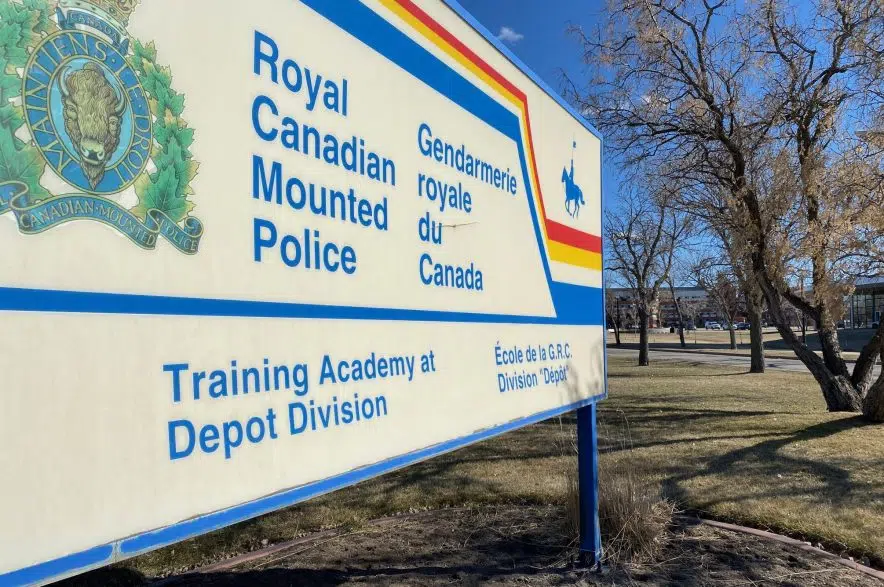For about a decade, a Montreal woman has been working to solve what is called “cold cases” and help find missing persons all across Canada.
Jan Guppy created the Facebook page Unidentified Human Remains Canada which has more than 45,000 followers.
On Thursday, she told John Gormley that the families of missing people often reach out to her for support either through the page or by email.
“The vast majority of them have family members that are long-term missing and they’re looking for help,” Guppy said. “They’re looking to spread awareness about their missing loved one, they’re looking for tips. They’re just looking to get to keep their loved ones’ memory and information out there so the public does not forget.”
Guppy said that she has been involved in solving numerous cases.
“A lot of what I do is trying to give the names back of our unidentified throughout Canada,” Guppy said. “I will post images of tattoos. I’ll give the stats — so the approximate height, the weight, all of that — and absolutely I’ll have families contact me and say, ‘I believe this is my son’.
Guppy said from there she contacts all relevant people to the case via email including the coroner and the families.
Her Facebook page received a tip about Frances Gazeley — a 77-year-old woman from Weyburn who went missing in December 2021.
Guppy noted she immediately contacted the RCMP department responsible for the case.
According to her, the RCMP’s search and rescue team was able to perform a full search for Gazeley on a property just outside of Ceylon.
A smaller search had previously been conducted in the area in 2021, but it had been a minor search and was done in the evening.
This time around, Guppy said the team had about 14 boots on the ground and searched for a full day.
She explains they had gotten the tip from the property owners themselves.
“Unfortunately, we did not locate her but I believe that we are getting closer,” she said.
Gazeley was known to wear a purple/”bluish” winter coat and short black boots.
She said she’s previously been able to identify certain remains from the publicly accessible RCMP unidentified remains database.
“Those people (in the database) who don’t have their names, those are our missing people. They are our long-term missing,” Guppy stated.
She said families should make sure that their loved one’s DNA is in the RCMP’s national database.







